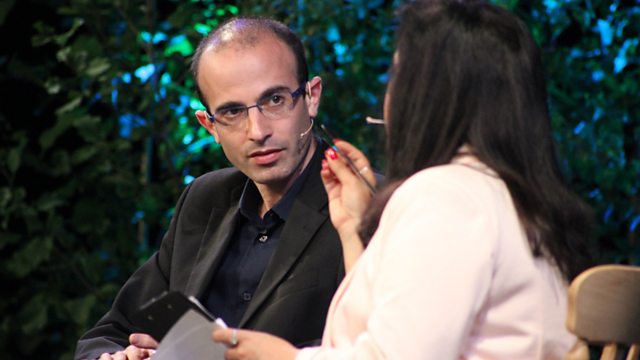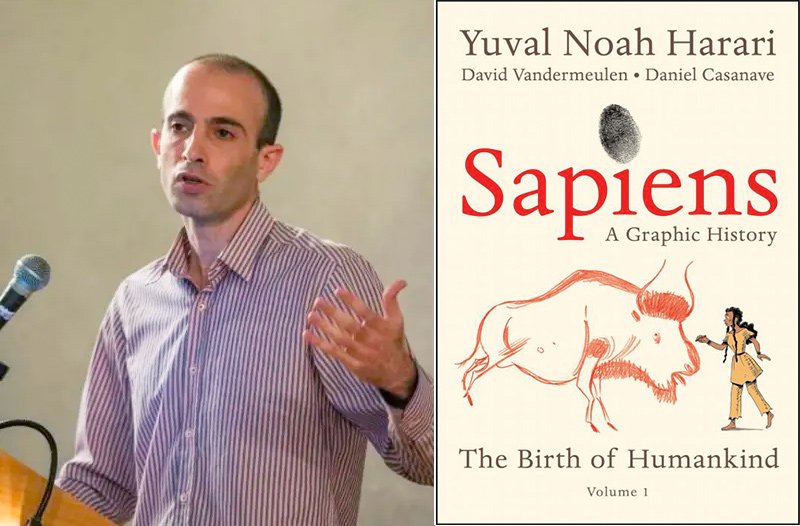

The philosophy that emerges, however, is not what you’d necessarily expect from an Israeli with a background in medieval military history. Harari is a brilliant populariser: a ruthless synthesiser a master storyteller unafraid to stage old set pieces such as Cortés and Moctezuma and an entertainer constantly enlivening his tale with chatty asides and modern parallels. If Sapiens is at its best in the early chapters, when the scarcity of evidence gives full scope to Harari’s audacious imagination and gift for exposition, it remains consistently fresh and lively as it advances into the historical era, which it interprets in terms of three potentially universal orders – money, empire and religion.

Similarly, says Harari, it was by building pyramids – in the mind as much as on the ground imagined orders and hierarchies – that humanity advanced. It was this ability to forge common myths that enabled H sapiens to cooperate flexibly in large numbers, and thus to see off rivals such as the Neanderthals, wipe out hostile animals and cultivate crops. The first of these – the cognitive revolution – was the real game-changer a genetic mutation that altered the inner wiring of Homo sapiens, enabling them to think in unprecedented ways and to communicate in an altogether new type of language which could not only convey information but also create imagined worlds. It is still in progress and may yet finish us all off. Then came a long process of unifying mankind and colonising the Earth until, finally, the scientific revolution began about 500 years ago. About 70,000 years ago, the cognitive revolution kickstarted our history, and about 12,000 years ago the agricultural revolution speeded it up. Harari organises humankind around four different milestones. The book’s surface is brilliantly clear, witty and erudite but its underlying message is dark. Instead, it offers a bravura retelling of the human story seasoned with more personal reflections on man’s tenancy of the planet. Was the invention of cooking the reason for man’s evolutionary success or was our facility for culture the key? Was the progress of humanity driven by kindness or by warfare and aggression? Did our earliest ancestors live in promiscuous communes, as depicted in Christopher Ryan and Cacilda Jethá’s bestselling Sex at Dawn? Or in respectable monogamy, as argued in Lynn Saxon’s less successful Sex at Dusk? One of the charms of Yuval Noah Harari’s Sapiens is that it avoids such simplistic explanations. W here do we come from? Our insatiable curiosity about our origins has provoked a raft of different answers to that question.


 0 kommentar(er)
0 kommentar(er)
